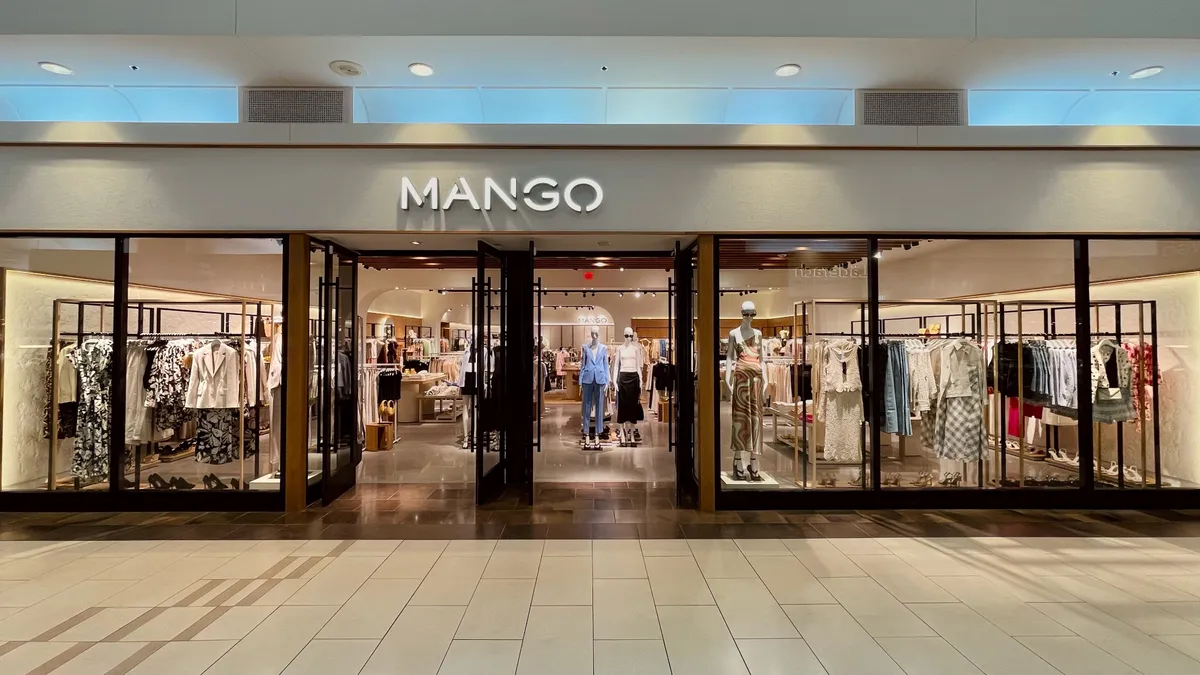Supply chains are constantly changing as new rules, technologies, resources and market trends transform operations. Here's a skim of the week's indexes, technology announcements, expansions and M&As from around the web.
In Case You Missed It
- President Trump issued a series of executive orders, addressing trade, infrastructure and regulation.
- DHL unveiled its online freight forwarding platform and dismissed concerns over e-tailer competition.
- Drop shipping evolved from a retail tactic to a core need over the years, read a brief history.
Market Snapshot
The latest installment of the Cass Freight Index continues to support the industry’s hope that the 18-month long recession in shipments is at an end. Avondale Partners’ proprietary index revealed shipments were up 3.5% year-over-year in December, although they fell 1.2% compared to the previous month.
“As is often true of a change in trend, it is neither smooth nor linear,” Donald Broughton wrote in the report, justifying the month-to-month decline to seasonality but noting the significant increases in October and December pointed to a trend reversal. To borrow from the ISM index’s phrasing, even if shipments are still declining – as was suggested by the November figures – the decline is slowing.
However, the report adds another tenet to support the economic theory the recession may be over: volume leads growth, and volumes have continued to rise throughout the various modes (except rail volumes, but these have seen “less bad” declines). This is despite the U.S. dollar’s continued appreciation, showing stronger forces are at play.
The Cass Freight Index is only one measure of the market, but it is supported by trends across the various other, specific statistical reports.
For example, Absolute Strategy Research recently told The Loadstar airfreight volumes would remain strong throughout the first half of 2017, due to market confidence and greater air carrier efficiency.
In other news, U.S. industrial output rose by 0.8% from the previous month, based on data from the Federal Reserve. Capacity, meanwhile, rose 0.6% in the same period, although its use remains below the historical average of 80%, according to The Wall Street Journal.
Meanwhile, the Netherlands Bureau for Economic Policy Analysis noted global import and export growth last November rose at the highest rate since September 2009, contrasting from a year of otherwise weak growth. Similarly, the Bureau of Transportation Statistics reported U.S.-NAFTA freight value rose by 3.3% since November 2015, marking only the second time in two years of year-over-year growth.
Technically Speaking
Less than a month in, it has already been a good year for transportation and logistics futurists. From flying cars to mega-drones and underground logistics, new ideas just keep coming. And old ideas, it seems, are starting to gain (and break) ground.
Despite the lack of a construction permit in Los Angeles, Elon Musk plans to begin digging tunnels in the city for his new "boring machine" and escape the traffic, according to a recent tweet. The billionaire is known for making big promises, such as scaling auto production from hundreds to 200,000 ... and fulfilling them (albeit with a few hiccups at times).
But although some may seek to escape the limits of above-ground transportation, others are looking for ways to expedite it.
Hyperloop Transportation Technologies, for example, is looking to bring the mega-speed option to France with a new facility in Toulouse.
Meanwhile, the U.S. Department of Transportation designated 10 sites as testing grounds for self-driven automobile technology, to be shared by the various actors in the race. On a related note, Singapore will soon see a platoon of self-driven trucks on the road as Scania and Toyota test the technology in collaboration with the Port of Singapore Authority and the country's Ministry of Transport.
Not all logistics technology has to do with finding new ways to transport, however. After all, a major part of logistics is coordinating stakeholders to greater efficiencies — a market where disruption by way of digitization seems imminent.
In the latest online freight booking news, Overdrive reports a new shipper-exclusive freight marketplace app is now on the market. BridgeHaul allows shippers to post their loads directly on the service, while providing various benefits to the drivers that use it, such as a time tracker, navigation and logbook services.
Meanwhile, uber-for-trucking startup LoadSmart is reportedly helping Albertson's and Anheiser Busch InBev change their quote and freight booking practices with its technology; and Maersk Line signed a five-year contract with Riverbed Technology to help the carrier monitor its IT infrastructure.
Finally, Ramco released its predictions for the top 10 technology trends that will drive supply chain and logistics shifts in 2017. The usual suspects — automation, visibility and analytics — prevailed, but the company also noted businesses would more acutely differentiate solutions from processing systems, among other predictions.
Breaking Ground
Congress is back in session, and while many do not expect infrastructure to make the legislative agenda within the first 100 days, stakeholders are not holding back in making their needs known.
The Hill reports 43 states and territories have so far submitted 300 transportation infrastructure requests to the Trump administration as it prepares a bill on the subject. Meanwhile, President Trump announced an expedited review process to streamline the approval of "high priority" projects in an executive order.
Yet, some projects cannot wait for federal approval, as needs continue to outweigh capacity. The Port of Oakland recently announced it would build a new 750,000 square foot warehouse and raise the height of six cranes this year, American Shipper reports.
But while some ports expand their handling capacity, others are seemingly being forced to close down or otherwise reconsider their strategy. In one example, the Port of Georgetown in South Carolina will be closed in favor of a waterfront business zone, South Strand News reports. The South Carolina Ports Authority reportedly welcomed the move as an opportunity to focus its resources on the larger and growing Port of Charleston.
In other news, Landstar recently opened a new 31,000 square-foot cross-border facility in Laredo, TX, which will help the transportation services provider expand its offerings for LTL and trailer transport in the border region. Meanwhile, Amazon announced it would open a 1 million square-foot fulfillment center in Aurora, CO, to increase delivery speed to two-hours in Colorado.
Mergers & Analysis
PricewaterhouseCoopers released its quarterly report on the global state of mergers & acquisitions in 2016, to find that the value of deals in the logistics and transportation sector decreased although the volume of deals upped in the second half of the year, American Shipper reports.
The report notes 28% of the deal value came from the trucking industry, the shipping industry accounted for 24%, while passenger air accounted for 19%. The total value of deals in 2016 total $122 billion. The report added that across the sector, mergers and acquisitions related to technology were among the most common, citing examples such as Uber's acquisition of Otto in August.
But just as technology needs continue to rise, in some industries, partnerships and alliances are becoming increasingly prevalent instead of full-blown acquisition. While the shipping industry has had various large deals over the year, for example, most major lines have opted for membership in an alliance to retain autonomy while increasing efficiencies.
Similar dynamics can be seen in the air cargo industry, although to a much lesser scale. In the most recent example, Lufthansa and Cathay Pacific will begin cross booking their cargo handling activity beginning Feb. 1, in a form of cargo alliance between the global carriers.
Elsewhere, Japanese brewery Asahi Group is reportedly still looking for more acquisitions as the beer industry shifts, despite having spent $10 billion acquiring assets from Anheuser-Busch InBev, Reuters reports.
In other news, Roadrunner Transportation Systems changed its name to Ascent Global Logistics, and Wal-Mart partnered with CarSaver and various dealerships to begin selling cars online and in-store through on-site booths.






















